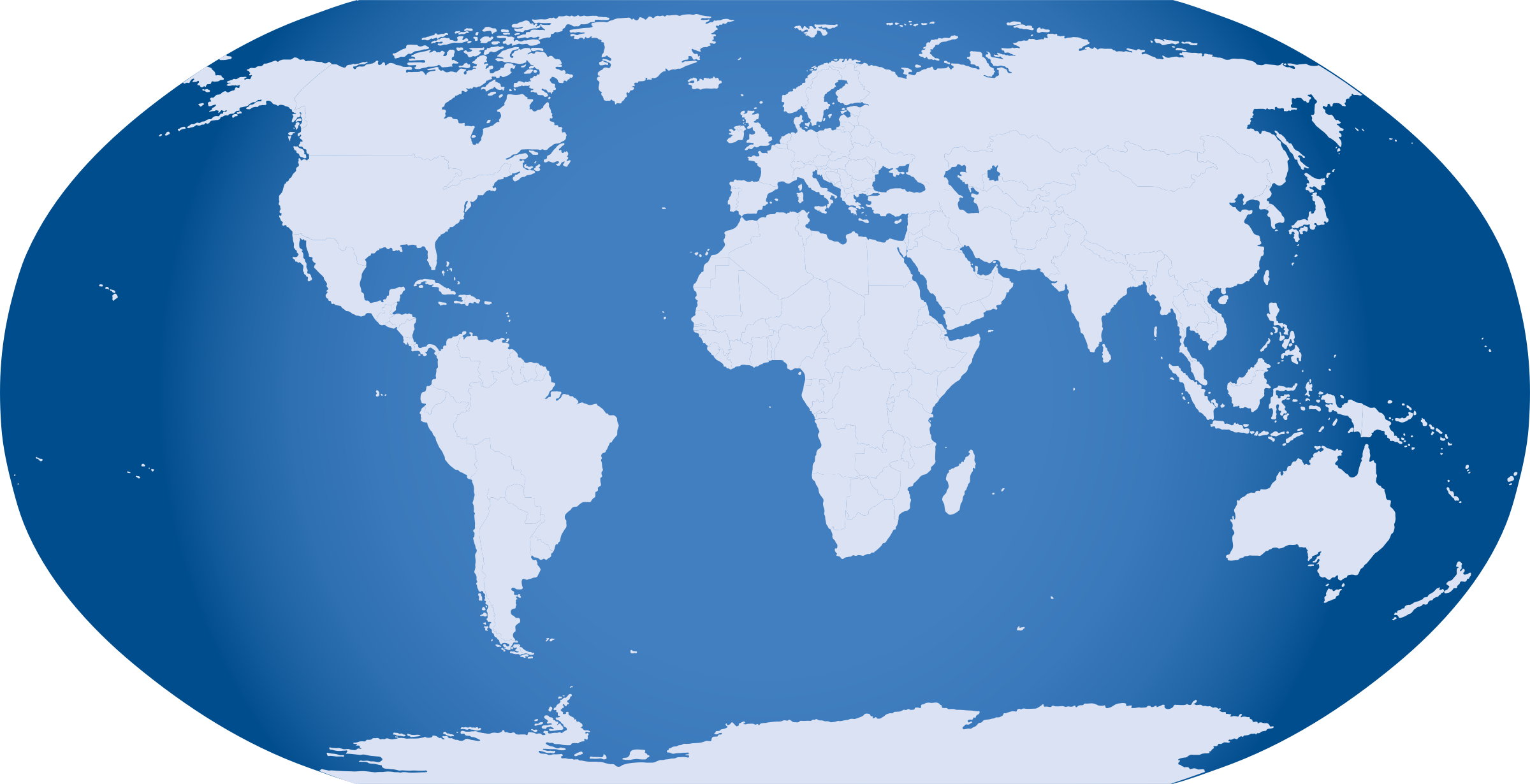The Bahá’í Faith, often regarded as the world’s newest major religion, emerges as a beacon of hope and a harbinger of unity in a fragmented world. Commencing in the mid-19th century, Bahá’í teachings have garnered a unique appeal, captivating diverse audiences across the globe. This proliferation can be likened to a luminous flame, steadily catching fire in the human spirit, fueled by the fervent desire for harmony, equality, and justice. The teachings of Bahá’u’lláh encapsulate profound principles that resonate with the universal quest for understanding and connection. To comprehend the intricate tapestry of this relatively nascent faith, it is essential to delve into its fundamental teachings and their implications on personal and societal levels.
At the heart of Bahá’í teachings lies the concept of one humanity. This profound assertion of human unity proclaims the oneness of the human race, transcending differences in ethnicity, nationality, and religion. One can view this ideology as a masterful symphony, where various instruments blend seamlessly to create a harmonious melody, emphasizing that every individual contributes to the greater whole. It implores adherents to embrace diversity while rejecting the divisive sentiments that plague contemporary society. This inclusive paradigm stresses that every nation is but a note in the grand composition, signifying the essential need for cooperative engagement and mutual respect.
Another salient feature of Bahá’í teachings is the principle of the oneness of religion. Bahá’ís believe that all major religions stem from the same divine source, akin to different rivers flowing from the same mountain. Each religious tradition possesses its unique characteristics; yet, they converge towards a singular divine purpose — the spiritual evolution of humanity. This perspective dismantles barriers erected by dogma and sectarianism, facilitating a dialogue among faith communities. The Bahá’í model promotes interfaith collaboration, fostering an atmosphere where admiration for varied beliefs catalyzes rather than fractures relationships among groups.
The emphasis on equality is a further cornerstone of Bahá’í doctrine. Gender equality, in particular, is a clarion call that resonates deeply within the movement. The Bahá’í teachings assert that both men and women are equal in the eyes of God, a notion profoundly revolutionary in its implications. By championing gender parity, Bahá’ís advocate not only for justice but also underscore the necessity of cultivating a balanced perspective in decision-making. This encompasses spiritual and moral dimensions, acknowledging that the full development of society is contingent upon the empowerment of all individuals, irrespective of gender.
As the fabric of society can become tattered through prejudice and injustice, Bahá’ís are called to weave threads of service and compassion into the everyday fabric of life. The concept of service to humanity is enshrined within the teachings, acting as both a spiritual and practical guideline. Each individual is encouraged to identify their unique talents and deploy them for the collective good. This perspective engenders an invigorating community spirit, reinforcing the belief that every act of kindness, no matter how small, contributes to the greater tapestry of human progress.
Moreover, the Bahá’í Faith places significant emphasis on education, viewing it as a vital tool for personal and communal advancement. Education is not merely the acquisition of knowledge; rather, it embodies a comprehensive transformation of the individual. This transformative process extends to moral and ethical dimensions, training souls to embody virtues that uplift society. In illustrious metaphorical terms, Bahá’í education can be seen as a garden, nurturing the seeds of potential within individuals, cultivating a thriving community of informed, compassionate, and action-oriented members.
The Bahá’í community structures its programs and initiatives around these foundational principles, utilizing a model of grassroots organization that emphasizes consultation, collaboration, and collective responsibility. This structure engenders a sense of agency among individuals, fostering an inclusive environment where every voice has the potential to be heard. It is in this cooperative arena, where ideas blossom and strategies are devised, that one can witness the phenomenon of the Bahá’í Faith catching fire in the collective consciousness of society.
In contemporary times, the Bahá’í teachings offer profound insights into addressing the myriad challenges that characterize an increasingly polarized world. From ecological sustainability to social justice, the movement actively engages with pertinent global issues, underlining the interconnectedness of humanity and the earth. These teachings present a paradigm shift, urging individuals to view their role within a global context. The emphasis on stewardship of the planet, a core Bahá’í principle, underscores the responsibility individuals must embrace towards one another and the earth that sustains them.
Additionally, the avant-garde approach to governance and social systems is a unique aspect of Bahá’í teachings. The call for a consultative and inclusive governance model challenges conventional paradigms, advocating for collaborative mechanisms that prioritize the welfare of all. This innovative approach acts as a crucible for new ideas, converging the intellectual capacities of diverse populations. The Bahá’í vision of world peace and justice serves as a compass guiding humanity toward collective evolution, where misunderstandings dissolve and harmony prevails.
As the Bahá’í Faith continues to spread, its inherent charge toward unity, equality, and justice becomes increasingly vital. Drawing from rich spiritual heritage while embracing contemporary relevance, its teachings resonate with a growing number of seekers yearning for authenticity and connection. Like a wildfire igniting, the Bahá’í movement sparks within individuals the courage to dream of a unified world — a world where every person is recognized for their inherent worth. In this evolving landscape of human consciousness, the Bahá’í teachings stand as a luminous testament to the potential for transformation in our shared journey towards peace and understanding.
